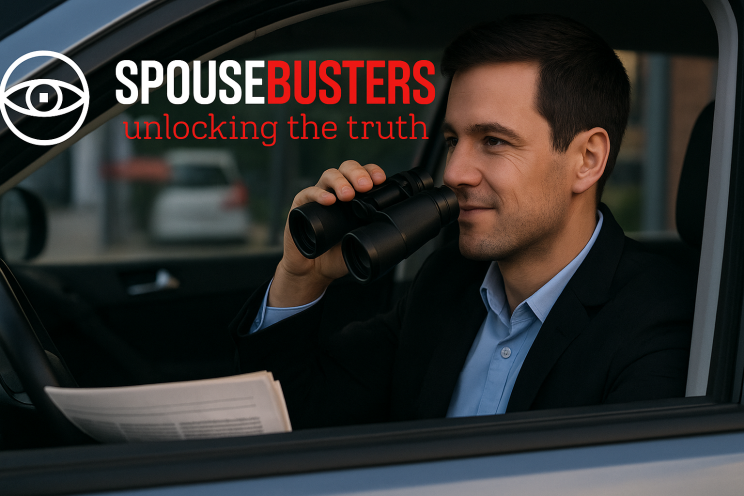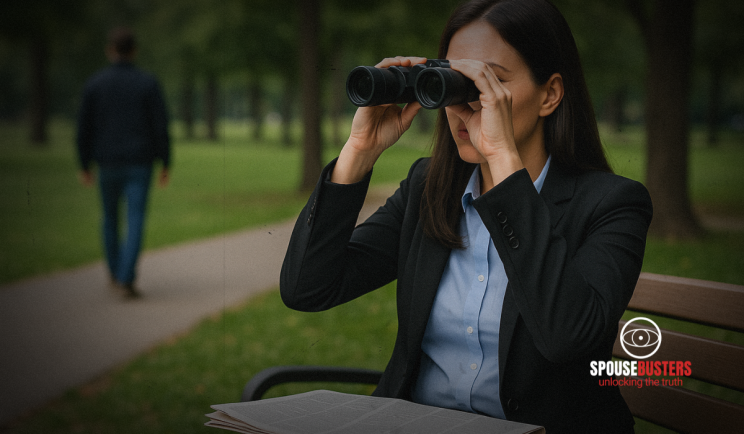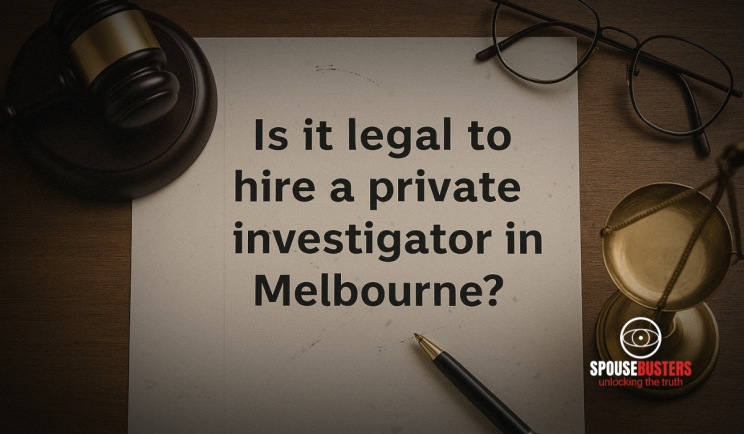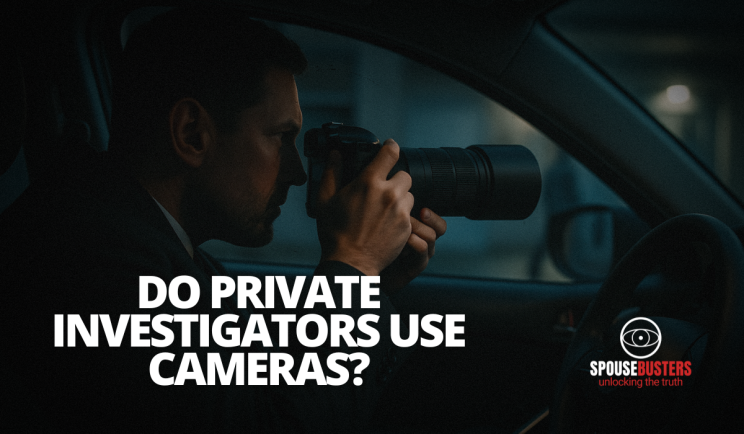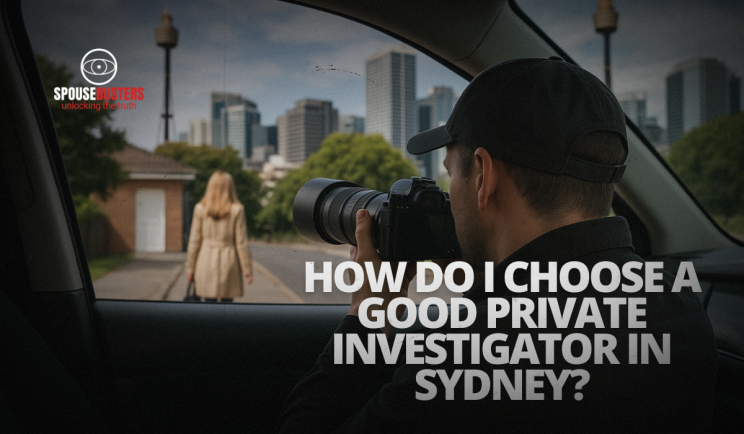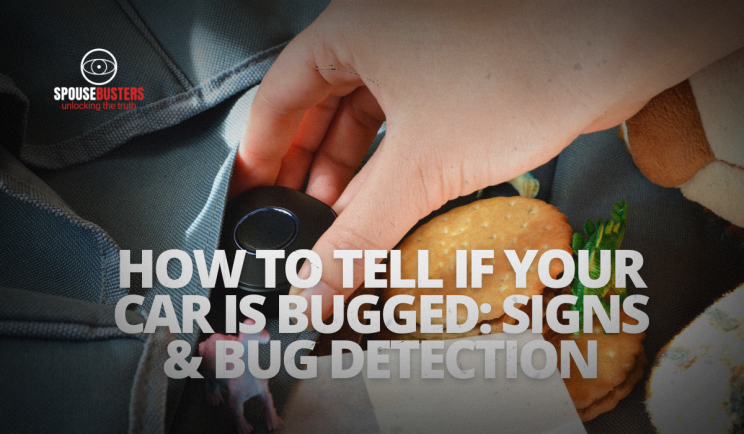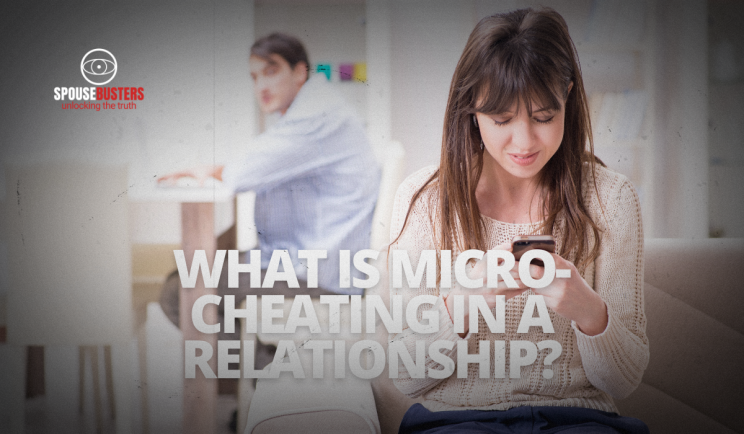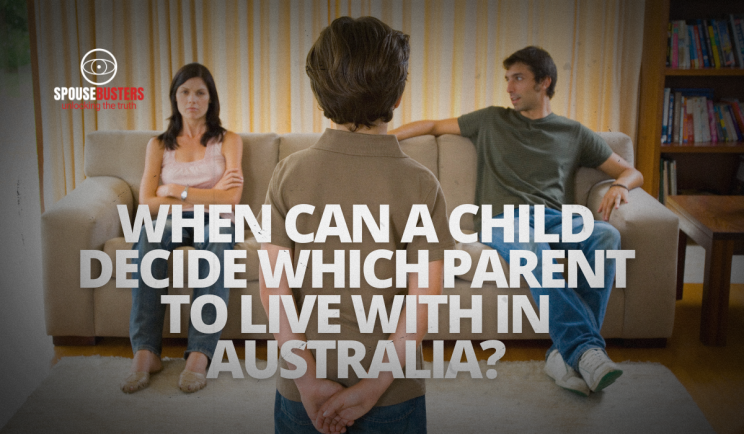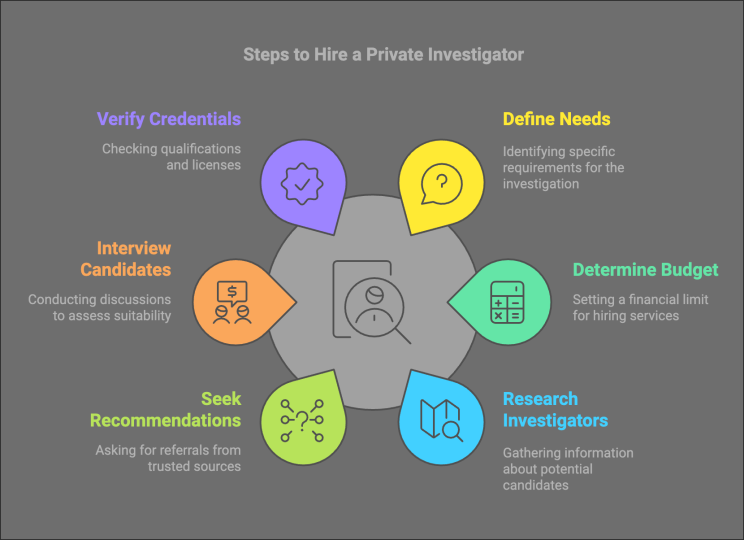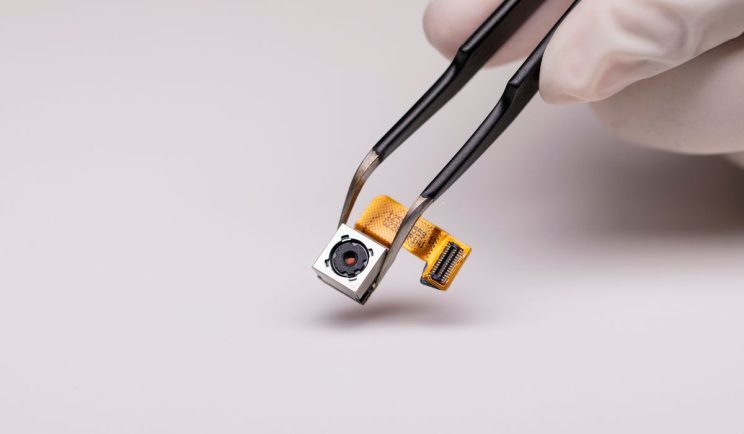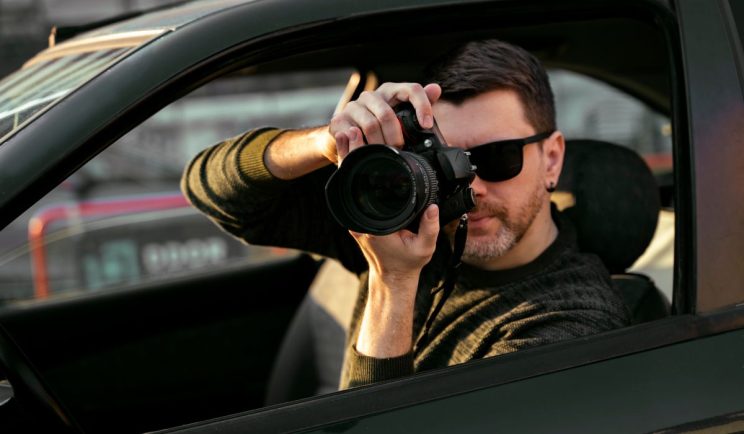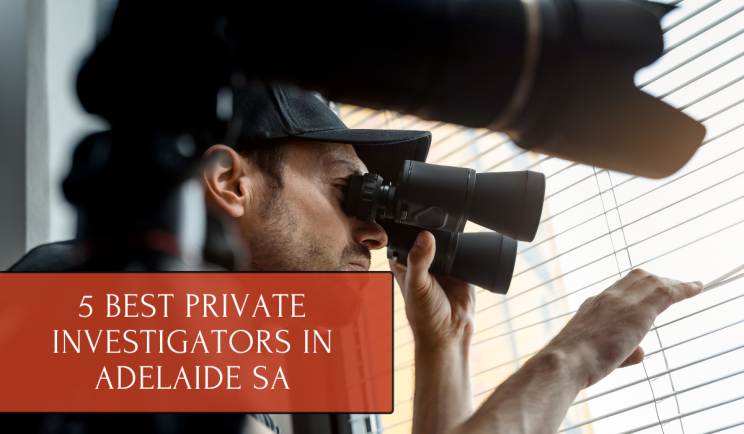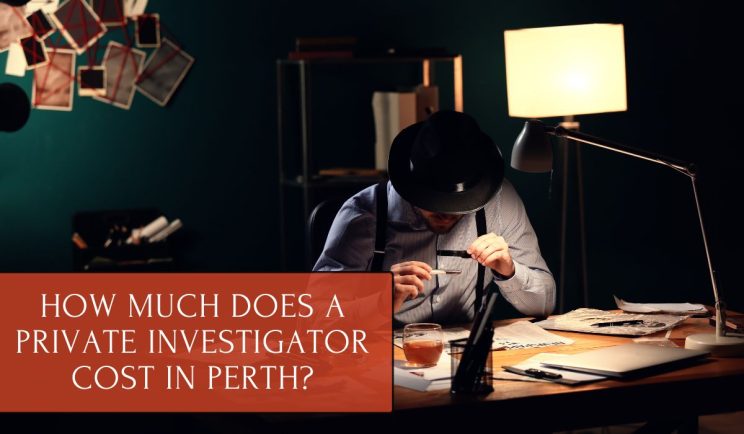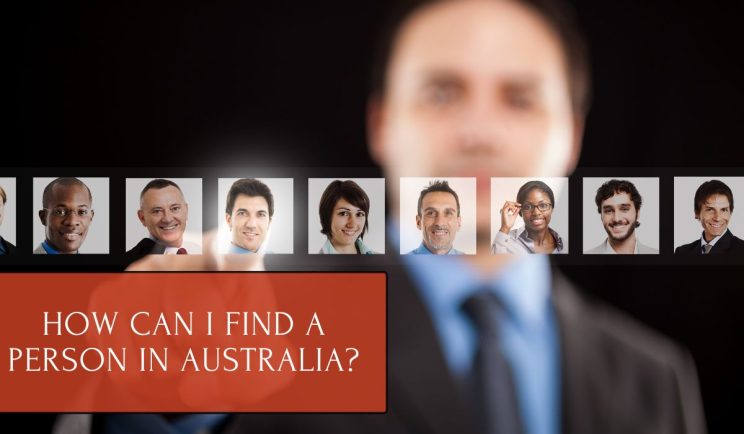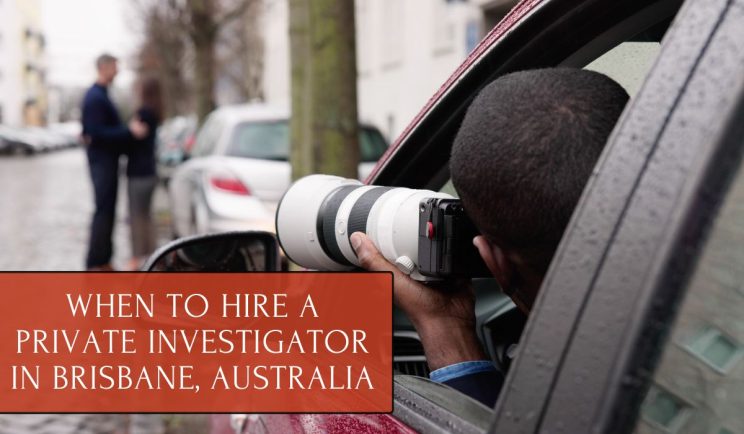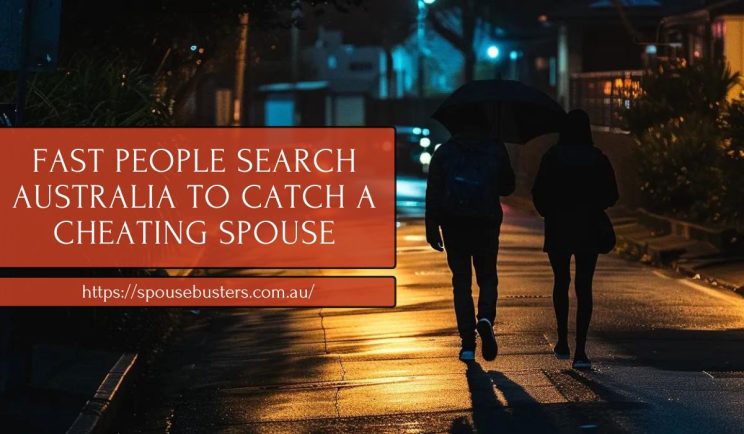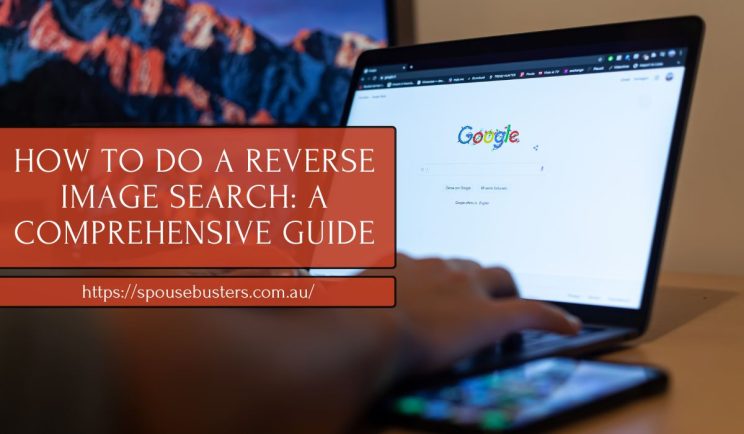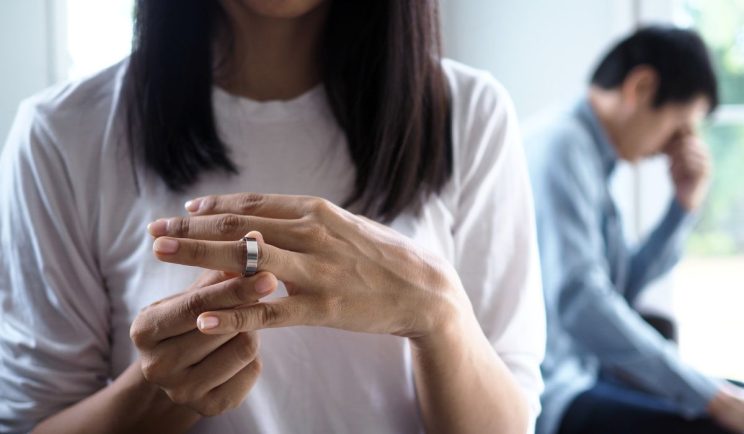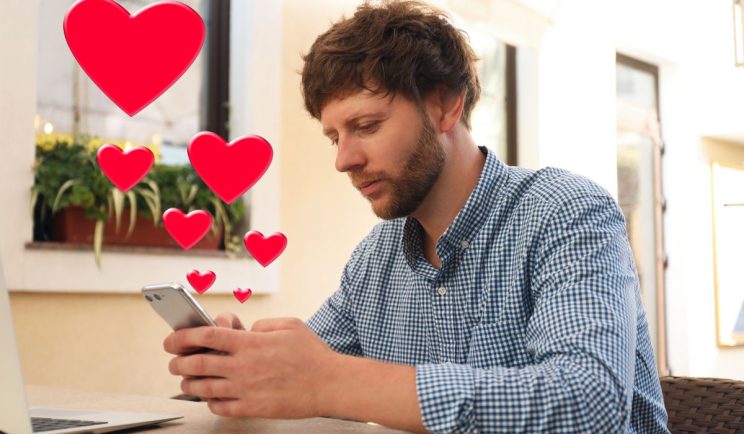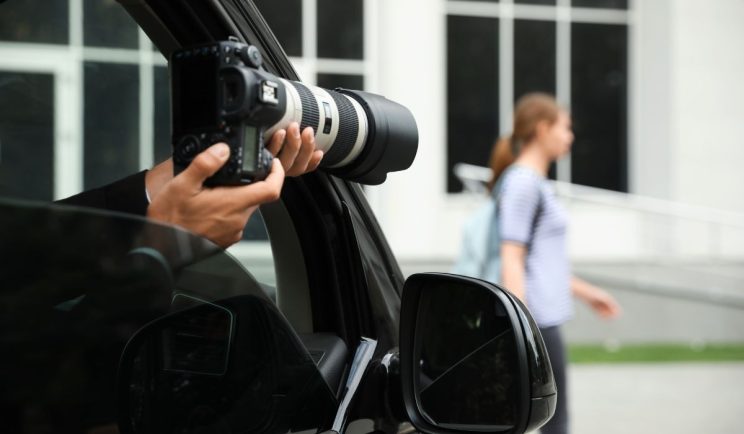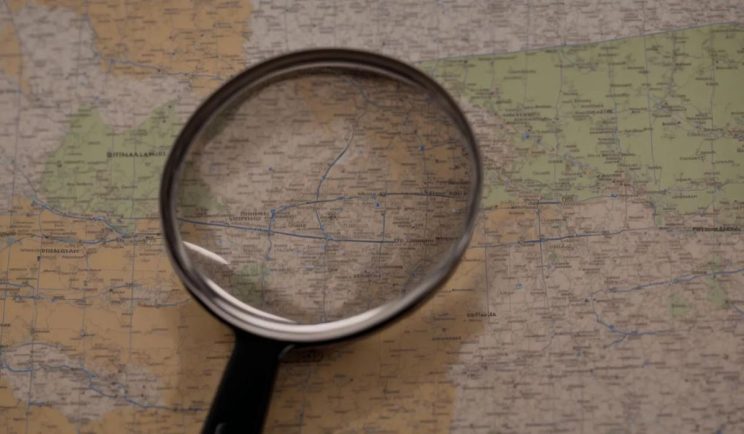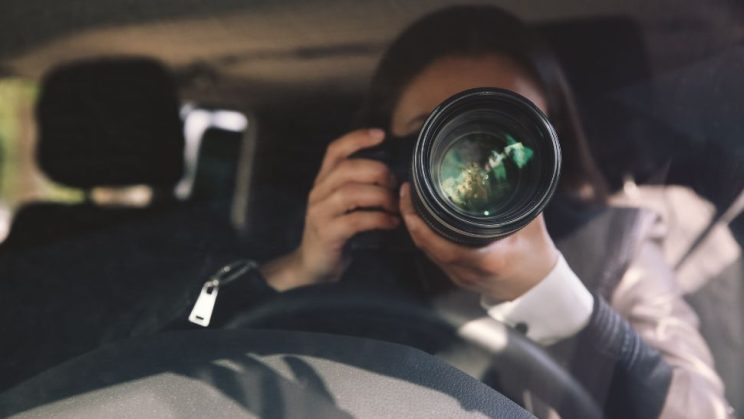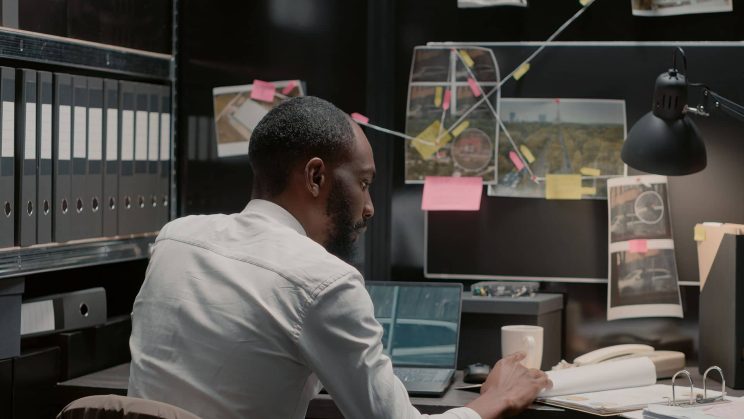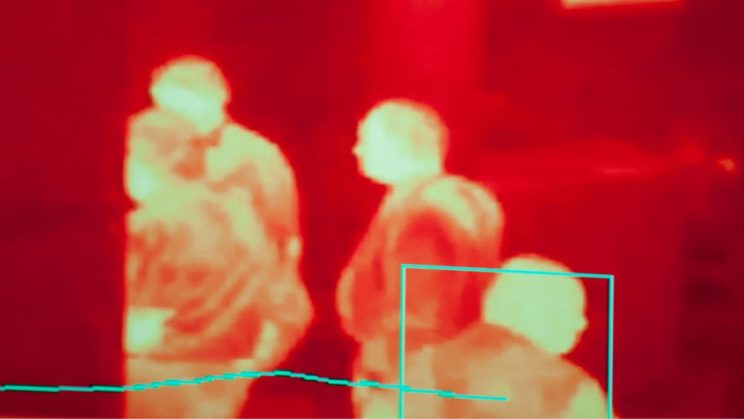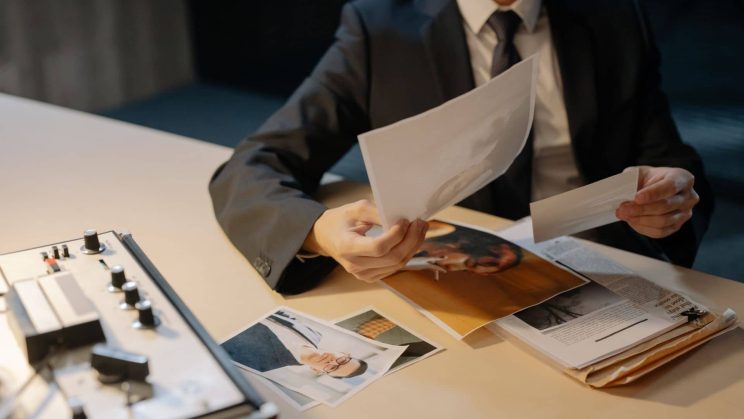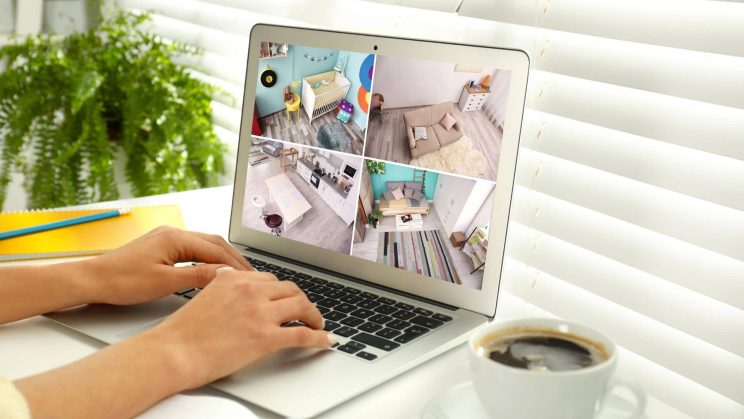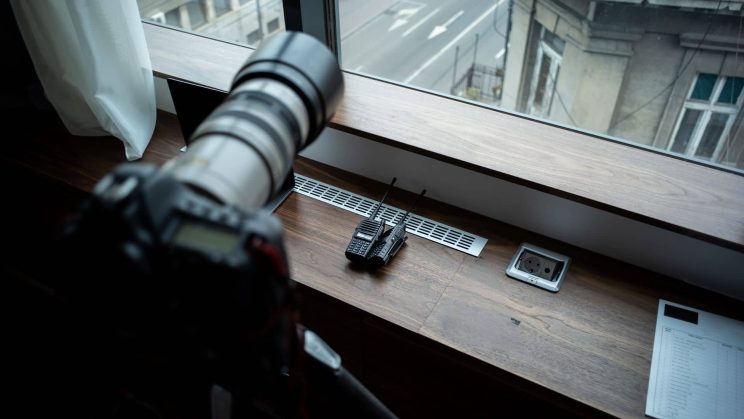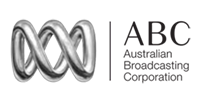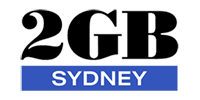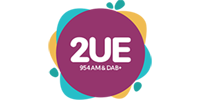In today’s digital world, fake Facebook profiles are more common than ever—used for scams, phishing, and emotional manipulation. If you’re unsure whether someone online is genuine, this guide will help you confidently spot fake Facebook profiles and stay protected. Let’s walk through the most common red flags, what to do if you’ve been targeted, and how to stay safe on social media.
7 Clear Signs of a Fake Facebook Account
Identifying a fake Facebook profile often comes down to a mix of instinct and observation. Here are 7 telltale signs to watch for:
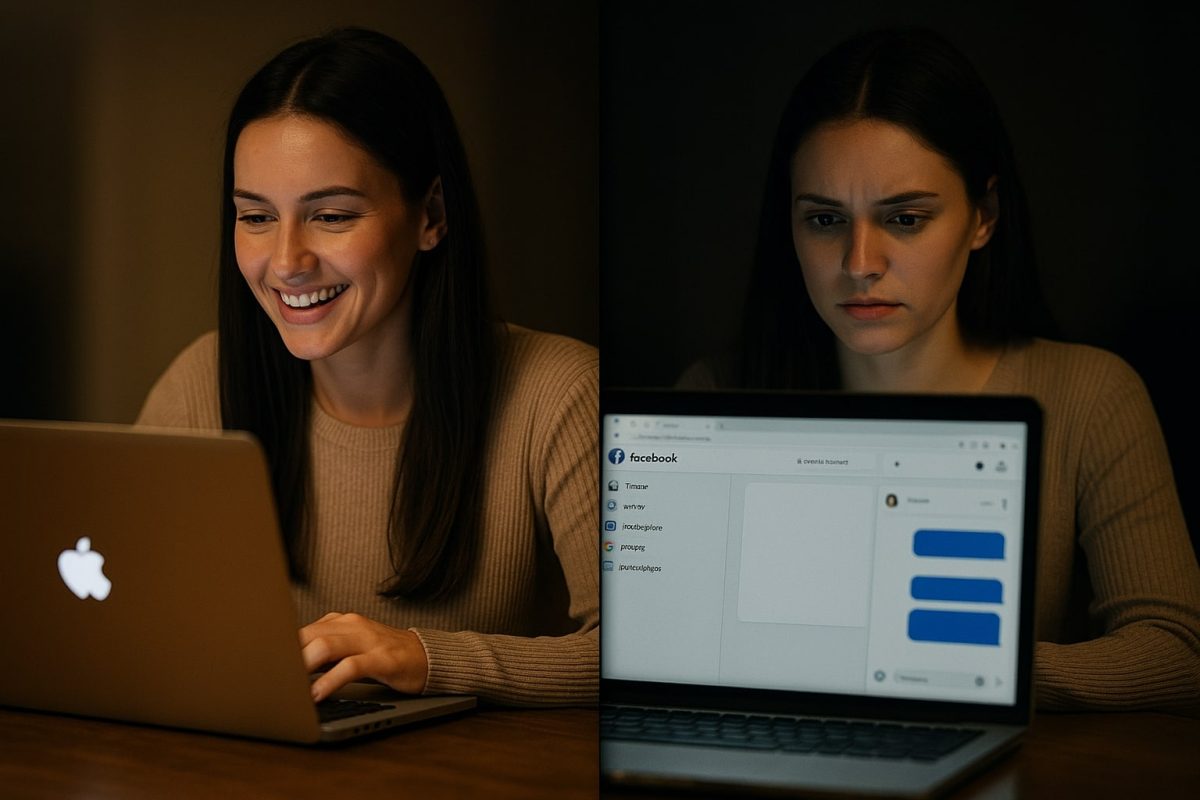
1. No Mutual Friends or Connections
A profile with no mutual friends, especially if it’s someone claiming to be local or familiar, is a major red flag. Real accounts usually have some social overlap—especially in smaller communities.
2. Recently Created Profile
Check the “Joined Facebook” date. Many fake profiles are newly created with minimal timeline activity, which indicates they were made solely to deceive.
3. Profile Picture Looks Too Perfect
Stock-photo-level attractiveness or celebrity-like pictures are often used in catfish profiles. Try doing a reverse image search to check if the photo appears elsewhere.
4. Limited Posts or Engagement
Fake profiles tend to have very few posts, photos, or interactions with other users. A real person has a history of posts, comments, and check-ins over time.
5. Odd or Generic Name
Names that sound overly generic or are common combinations like “John Smith” with no further detail may indicate a Facebook impersonation or bot.
6. Suspicious Messages or Requests
If someone you barely know is sending flirtatious or urgent messages, or links out of the blue—it’s likely a scam attempt. These are common signs of Facebook scams.
7. Inconsistent Information
Look for inconsistencies between their bio, location, work, or photos. For example, someone claiming to live in Sydney may be posting photos from another country or using foreign spellings.
Why Do People Create Fake Facebook Profiles?

Fake profiles aren’t just annoying—they’re often malicious tools used for:
- Romance scams targeting emotions and money
- Phishing schemes to steal your personal data
- Spying or surveillance, especially in toxic relationships
- Harassment and trolling under anonymous identities
If you’re suspicious someone might be catfishing you, check out our guide on romantic scammer pictures male to spot the pattern.
How to Protect Yourself from Fake Facebook Accounts
Stay safe with these proactive steps:
- Verify accounts by checking mutual friends, images, and profile activity
- Report and block suspicious accounts immediately
- Avoid clicking strange links or engaging with requests for money
- Adjust your Facebook privacy settings regularly
- If a conversation has gotten personal, consider reading our guide on how to retrieve deleted messages to ensure you’re not being manipulated.
What to Do If You’ve Interacted with a Fake Profile
If you think you’ve fallen for a fake profile:
- Cease contact immediately
- Block and report the account to Facebook
- Change your passwords for email and social platforms
- Monitor financial or personal data
- If serious, learn how to track a phone number or contact a professional investigator
If emotional manipulation was involved, this may also be a sign that you’re being taken advantage of in deeper ways—read the signs you are not valued in a relationship for more insights.
When a Fake Profile Isn’t Just a Joke
Fake profiles aren’t always just about scams—they can signal infidelity, emotional abuse, or even spy tactics used by manipulative partners. Learn more about the 3 types of men who have affairs to see how online deception ties into relationship red flags.
Frequently Asked Questions (FAQs)
1. How do I check if a Facebook profile is fake?
Look for no mutual friends, stock-like photos, limited activity, and strange messages. These are the top signs of a fake account.
2. Can Facebook tell me if a profile is fake?
Facebook uses AI to detect fake profiles, but many slip through. Manual checking and reporting is still necessary.
3. What should I do if I accidentally added a fake profile?
Unfriend, block, and report them. Then, review your recent messages or interactions for potential scams or phishing.
4. Why would someone make a fake Facebook account of me?
This could be a form of identity theft or reputation harm. Report it to Facebook and inform your contacts.
5. Can fake Facebook accounts be used for cheating?
Yes. Some people create fake accounts to spy on partners or engage in secret relationships online.
Conclusion
Fake Facebook profiles can cause emotional distress, financial damage, and privacy invasions. But by knowing the signs of a fake Facebook account and acting fast, you can stay in control. If you feel you’re being targeted, don’t ignore your instincts—trust them, take action, and seek help if needed.

